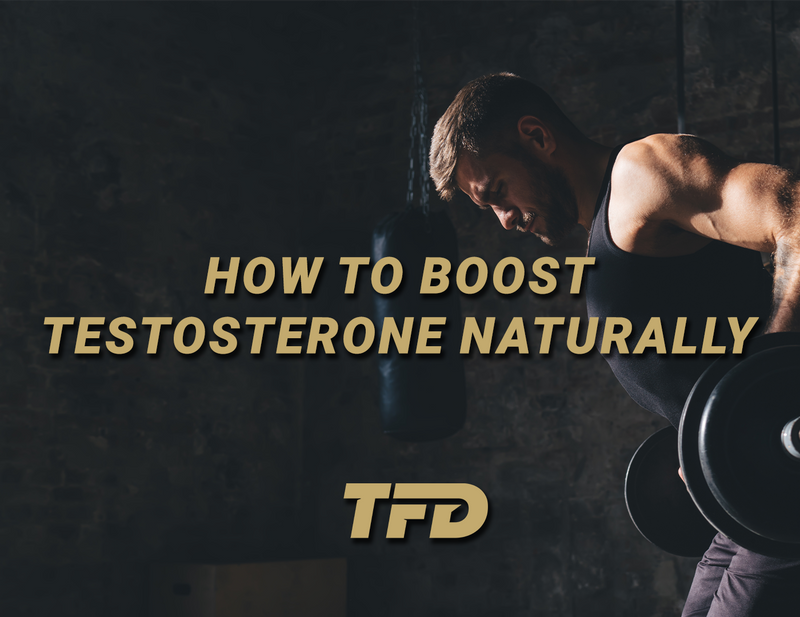
Men today are flooded with advertising about how to boost their testosterone by using either illegal substances, uncertified substances, or unstudied substances. However, what doesn’t often get mentioned are all the natural ways through lifestyle and diet that we can naturally boost our testosterone.
1. Having a Balanced Nutritious Diet that Includes Healthy Fats
Dietary fats, particularly monounsaturated and saturated fats from foods like avocados, olive oil, and lean meats, support testosterone synthesis. A study showed that diets higher in these fats were associated with increased testosterone levels (Wang et al., 2018). Zinc, found in foods like lean meats, fish, and eggs, also plays a crucial role, as low zinc intake is linked with reduced testosterone levels (Prasad et al., 1996).
2. Lifting Weights and Staying Active
Strength training and resistance exercises are highly effective for boosting testosterone, especially when performed consistently. Research shows that high-intensity exercise can result in a significant increase in testosterone levels post-workout, and continued training helps sustain these levels over time (Kraemer et al., 1999). Additionally, staying active helps maintain a healthy weight, reducing excess body fat that can elevate estrogen, which may lower testosterone.
3. Getting 7-9 Hours Quality Sleep
Sleep is essential for testosterone production, as the body releases the hormone during deep sleep stages. Men sleeping less than 5 hours per night were found to have testosterone levels 10-15% lower than those with 7-9 hours of sleep (Leproult & Van Cauter, 2011). Achieving consistent, quality sleep supports balanced hormone levels.
4. Manage Your Stress
Chronic stress elevates cortisol, a hormone that directly counteracts testosterone. Prolonged high cortisol levels can inhibit testosterone production. Practices like mindfulness, meditation, and regular physical activity are effective for managing stress and, in turn, may help sustain healthier testosterone levels (Rubinow et al., 2005).
So before you go and spend your pay cheque on the next supplement that pops up in your newsfeed, make sure you are nailing these to get your testosterone as high naturally as you can.
References
- Wang, L. et al. (2018). Dietary fat intake and testosterone levels. American Journal of Clinical Nutrition, 107(2), 211–221.
- Prasad, A. S., et al. (1996). Zinc status and serum testosterone levels of healthy adults. Nutrition, 12(5), 344–348.
- Kraemer, W. J., et al. (1999). Effects of resistance training on testosterone. Journal of Applied Physiology, 87(3), 1017–1022.
- Leproult, R., & Van Cauter, E. (2011). Effect of sleep loss on testosterone levels in men. JAMA, 305(21), 2173-2174.
- Rubinow, D. R., et al. (2005). Cortisol and testosterone interactions under stress. Endocrinology and Metabolism Clinics, 34(4), 921-935.
